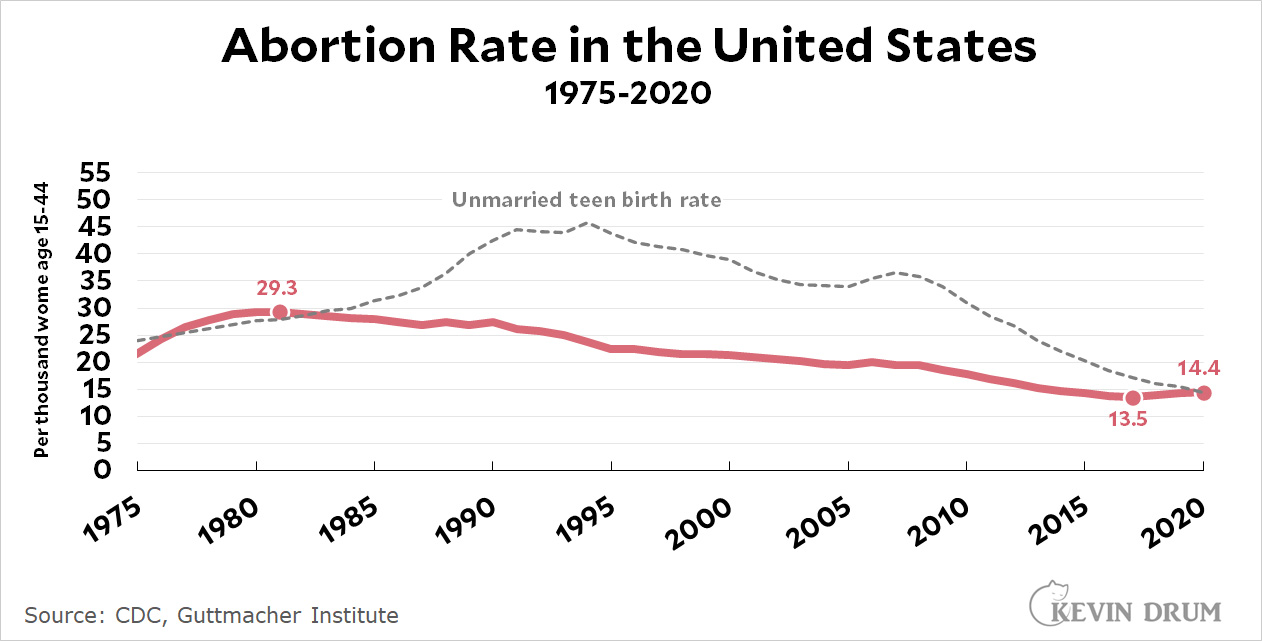The LA Times has an op-ed by Lex Rivers today with this title:
Why is it so hard to get healthcare as a trans cancer patient?
Nothing could have prepared me for what I was about to endure as a trans cancer patient. The abusive treatment I have experienced makes clear how having cancer and being trans are stigmatized in our healthcare system.
Rivers, who lives in the Bay Area, was diagnosed with a rare eye cancer at age 26:
Panic at the “C” word barred me from access to transition-related care. Once they learned I had cancer, some providers suggested discontinuing my hormones without offering any medical justification to explain how this would support my health. One provider told me I needed to start taking antidepressants because I was “emotional” and that if I did not, they would stop prescribing my hormone therapy. As a result, I was coerced into taking psychiatric medication I did not want.
....The discomfort and hostility came from not just doctors, but also nurses and other health professionals who participated in my care, such as technicians for my MRI and CT scans. The dehumanizing discrimination I dealt with included having my clothes tugged and being told I was dressing inappropriately for wearing a skirt.
It is really and truly not my goal to minimize Rivers's experience, but once she makes this public it's fair to offer criticism. And I have a problem with it: Rivers never really demonstrates that she suffered "abusive" treatment or anything close to it. Let's run it down:
- Within the trans medical community, some doctors suggested she discontinue hormones "without offering any medical justification." Maybe so. But as a cancer patient myself, I'm keenly aware that doctors are sensitive to how little we know about chemotherapy and how it affects different people. Suggesting a conservative approach to the intersection of two big, whole-body therapies—chemo and hormones—isn't uncommon. Sometimes there are things that have to be put on hold until chemo is over.
- Another doctor suggested antidepressants. I have no idea if this was justified in Rivers's case. But again, it's a very common suggestion for cancer patients, who unsurprisingly suffer from high rates of depression.
- During her cancer treatment, her clothes were tugged. And one time she was told she had dressed inappropriately for wearing a skirt. This doesn't really make sense and as written it sounds almost frivolous. What's the bigger story here?
I wouldn't write about this if I disagreed with some of it but didn't think it caused any harm. But I'm afraid it might. As written, this piece uses sweepingly radical language—abusive, dehumanizing, hostile, stigmatized, structural violence—to describe things that seem pretty ordinary to anyone who's gone through cancer treatment. I've had doctors refuse to prescribe sleeping meds even though they know that corticosteroids (dexamethasone in my case) play hob with sleep. I've had doctors who recommended demanding lifestyle and diet changes that I later learned were entirely unnecessary. I've become weepy and emotional and ended up taking antidepressants. I've had my treatments changed with no warning. I've become blindingly angry over some of the ways I was treated—sometimes justified, other times, in retrospect, an overreaction caused by the fatigue of chemo and poor sleep.
Needless to say, I'm male, white, cis, hetero, middle class, conventionally abled, and pretty much everything else society codes as normal.
In a lot of ways, the medical system sucks. In other ways it's great. Eventually I found a doctor who had sensible ideas about how to treat steroid-induced insomnia. Nurses clued me in on how best to deal with pharmacies. My current oncologist has been completely supportive and helpful about getting me onto the waiting list for CAR-T treatments. I continue to take antidepressants because that turned out to be a good idea.
In other words, Rivers's essay describes a lot of stuff that might not be related to her trans status at all. Without better evidence of abusive treatment and stigmatizing attitudes, this comes across as routine irritation about medical care that's been lightly overhauled in the service of trans activism. Aside from lefties who are eager to believe it regardless, I suspect most people will come away from this essay thinking that trans people are just willing to complain about anything. That doesn't help anyone.







